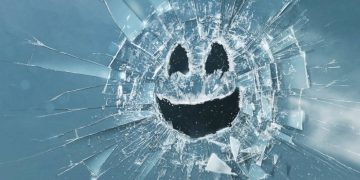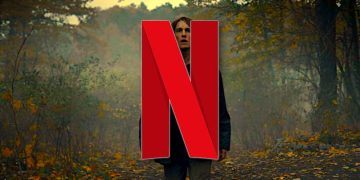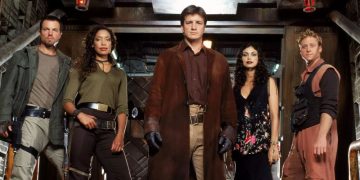Black Mirror is one of the most unsettling TV shows of our time. It isn't full-blown horror, but its intriguing—often depraved—scenarios are close enough to real-life that they're borderline horrifying.
The sci-fi anthology series, created by Charlie Brooker, is made up of individual episodes that each tell their own standalone, dystopian stories with their own unique casts.
Black Mirror's main target of critique is technology—the various ways that digital displays, social media, and artificial intelligence can rule modern life and pose threats. (Black Mirror isn't afraid to poke fun at its own platform Netflix, known in-world as "Streamberry.")
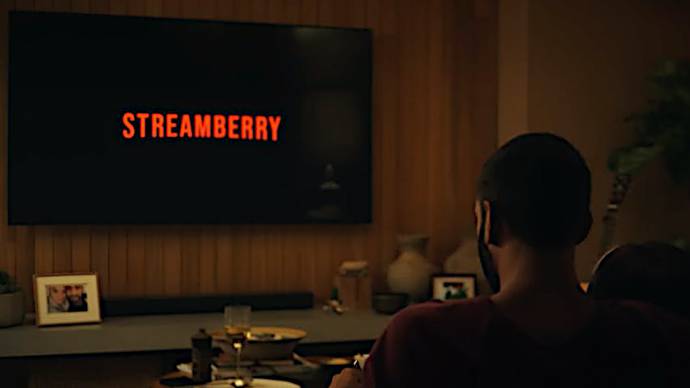
The advert for season six of Black Mirror was nothing more than a mirror on a bus stop saying "6th season. Live now. Everywhere." Smart and thought-provoking as this was, Black Mirror did actually get a real sixth season release in June 2023.
And as with all new seasons, Black Mirror has gotten everyone talking about it again. Was it the best season of the show? Not quite, but it's still interesting and worth watching.
To this point, Black Mirror has presented 27 different stories (not including the interactive movie Bandersnatch). Here's how we rank the best episodes of Black Mirror and why they stand out.
11. Loch Henry (Season 6)

"Loch Henry" is a lot like your typical murder mystery, except in this case, you already know who the killer is.
And given how much people love murder mysteries, it should be no surprise as to why "Loch Henry" is one of the most popular episodes of Black Mirror. People love it!
The panoramic views of this desolate Scottish town are home to a famous crime that two film students decide to turn into a movie—but there's a price that comes with digging up the past for profit.
The concluding fake trailer is also a clever little touch, following a plot twist that divided viewers between predictable and shocking.
10. White Christmas (Special)

"White Christmas" is not the kind of Christmas special we're used to seeing on TV. There are no confessions of love, warm family reunions, or heel-turn dashes to the airport.
Instead, "White Christmas" features pick-up artists becoming sex offenders, clones stored within eggs, and characters who are forced to live 1,000 years per minute while the same song plays on loop.
"White Christmas" also explores the idea of what it'd be like to block people in real life (and not just on social media). Once blocked, people appear as grey silhouettes covered in static.
Rafe Spall and Jon Hamm star as two men recounting their crimes in a remote cabin on Christmas Eve, and "White Christmas" remains the highest-rated Black Mirror episode on IMDb at 9.1!
9. Joan Is Awful (Season 6)
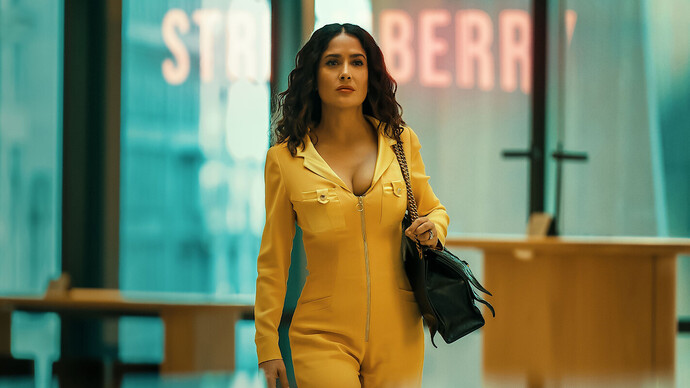
It made sense that Netflix would kick off its latest season with an episode featuring Salma Hayek playing a Black Mirror-fied version of herself. What else would reel in a larger audience?
The premise of "Joan Is Awful" follows an Inception-like layer of narratives in which Joan (Annie Murphy) watches her life played back to her in a new Streamberry series. The rest of the world can watch, too, but the meta doesn't stop there.
The show eventually catches up with itself, so the fictional Joan (played by Salma Hayek) is watching back another show replaying herself.
It's like an eerie, kaleidoscopic hall of mirrors that's used to expose everything wrong with the industry that produced it.
8. Black Museum (Season 4)
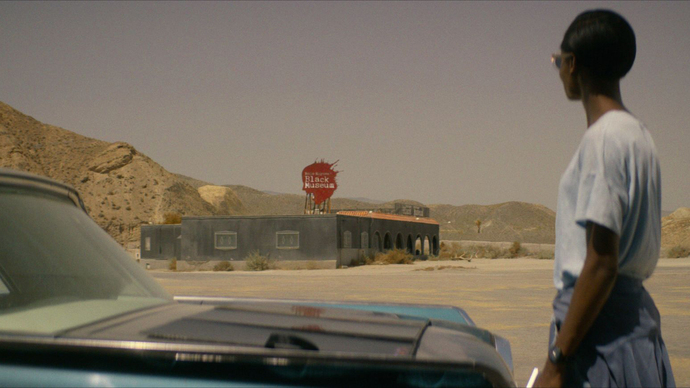
"Black Museum" is the most cinematic episode of Black Mirror. The desert buildings and overarching theme of race calls to mind Jordan Peele's Nope, who described Black Mirror as "an absolute masterpiece."
This episode is split between three dark stories that are each based on artifacts in a remote museum. One such story involves a doctor who can feel his patients' pain, then becomes addicted to it.
Letitia Wright stars as the sole visitor of the Black Museum, and her performance was nominated for a Primetime Emmy Award.
7. Shut Up and Dance (Season 3)
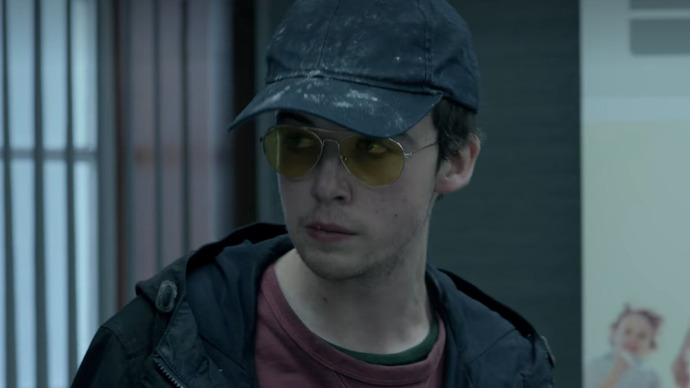
"Shut Up and Dance" might just be the most disturbing episode of Black Mirror, which says a lot considering the fact that each episode is designed to disturb!
At the start of "Shut Up and Dance," an omniscient Big Brother-type figure is presented as the antagonist who blackmails and torments not-so-innocent characters with punishments that seem disproportionate to their wrongdoings.
In this one, we're caught off guard as we're made to sympathize with a protagonist (played by Alex Lawther), who's eventually revealed to be more than he first appears.
The image of the trollface meme and the quote "There's no cure for the Internet" both perfectly summarize Black Mirror.
6. The Entire History of You (Season 1)
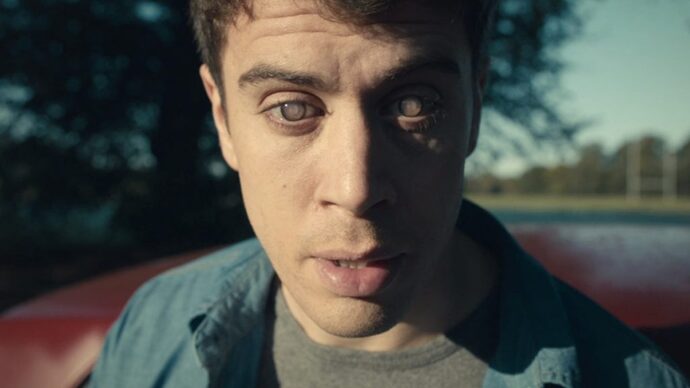
"The Entire History of You" is among the saddest episodes of Black Mirror, capping off its first season with a memorable punch.
It's a subtle kind of sadness that many viewers can relate to, exploring infidelity in a world where there's no such thing as secrets.
In this episode's reality, people can re-watch their memories using implants—which also means they can steal them, delete them, and tamper with them.
It's a risky game that isn't clear-cut as either good or bad. (Okay, it's mostly bad, and the episode successfully makes its point.)
5. USS Callister (Season 4)
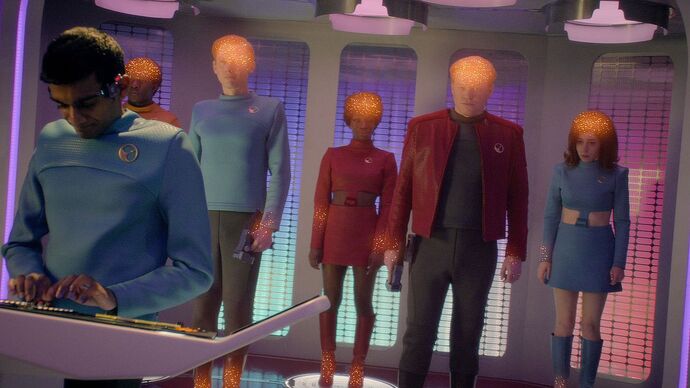
"USS Callister" puts a Black Mirror spin on Star Trek, in which nerdy programmer Robert Daly (Jesse Plemons) simulates an alternate, immersive video game reality where he's the captain who leads a crew of sentient digital clones of his real-life co-workers.
This episode is so good as painting a narrative of how far an ignored and downtrodden man can go to wreak revenge.
Not only is "USS Callister" stylish and spacey, it also features a cameo voice-over from Aaron Paul, who co-starred with Daly in Breaking Bad and starred in the season six Black Mirror episode "Beyond the Sea."
Fun fact: The Twilight Zone inspired this episode of Black Mirror, specifically in the comparison of Robert to the six-year-old tyrant in the "It's a Good Life" episode.
4. Nosedive (Season 3)
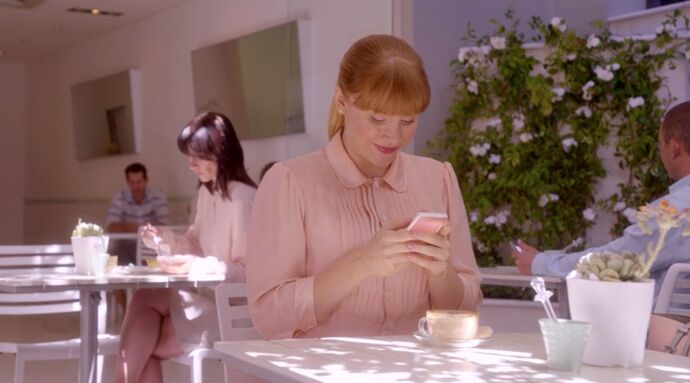
Social media is an obvious punching bag when it comes to speculative sci-fi dystopias. Films like The Circle, Spree, and Mainstream have already explored social media's ability to turn people into mindless zombies, but no one does it better than Black Mirror.
"Nosedive" is the show's most overtly anti-Instagram episode, unfolding in a pastel-colored future where your socioeconomic status is controlled by how well others rate you.
A satire on our photo-posting, status-updating, like-based lifestyle, "Nosedive" stars Bryce Dallas Howard as an eager-to-impress woman who spirals into a breakdown, which ironically breaks her free.
3. San Junipero (Season 3)
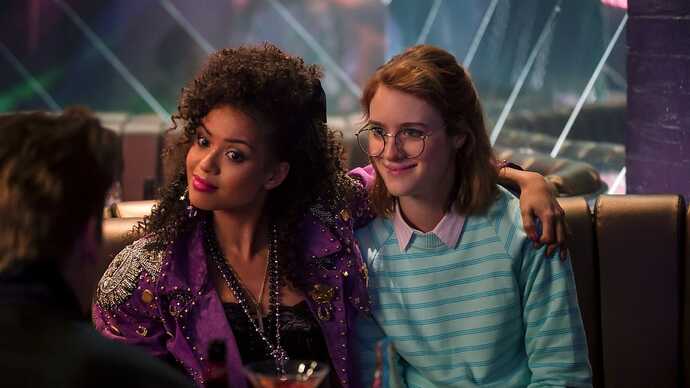
Once you reach a certain age, you're allowed to visit the simulated reality of San Junipero for an allotted time per week. Then, when you die, you have a choice: you can permanently stay in the idyllic San Junipero, or you can pass away.
Oh, and this resort stretches across timelines so that you're able to jump around between decades. Cool concept, right?
"San Junipero" is one of the few Black Mirror stories with a happy ending, but it's still a bumpy ride getting there.
The main era of Yorkie (Mackenzie Davis) and Kelly (Gugu Mbatha-Raw) is the 1980s, giving us that feel-good slice of nostalgia to a soundtrack of Belinda Carlisle and The Smiths.
2. The National Anthem (Season 1)
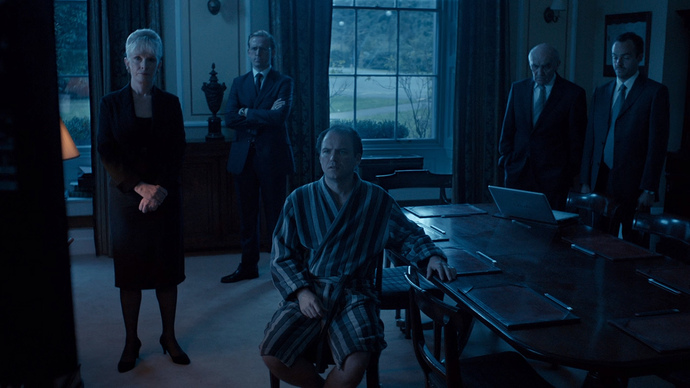
Black Mirror always aims to subvert traditional power structures, to show the dangerous influences of technology, and to make you uncomfortable with perverted scenes.
"The National Anthem" ticks all of those boxes, making it a phenomenal pilot that sets the stage for every episode afterwards.
It's important to make the first episode unforgettable to secure viewers, and we're sure nobody will ever forget this one.
In reference to the Piggate anecdote of 2015, "The National Anthem" centers around the British Prime Minister (Rory Kinnear) who's blackmailed to have intercourse with a pig on live TV. If he doesn't, the kidnapped Princess Susannah (Lydia Wilson) will be murdered.
The most poignant moment isn't that the act is actually broadcast, but the fact that 1.3 billion people tune it...
1. White Bear (Season 2)
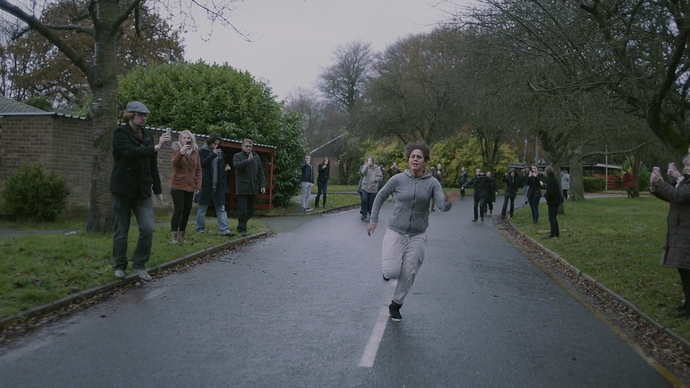
You can tell Charlie Brooker was working on zombie horror when he wrote "White Bear," even if there aren't any real zombies involved.
Instead, a woman wakes up in dystopian world where most of the population have been turned into mindless voyeurs, and those unaffected are split between hunters and survivors.
Lenora Crichlow stars as the nameless woman who wakes up in this apocalypse with amnesia, only to be told she's being punished with the same simulated gameshow apocalypse every day.
Essentially, "White Bear" is about what happens when society becomes desensitized, and the end result is downright frightening.

